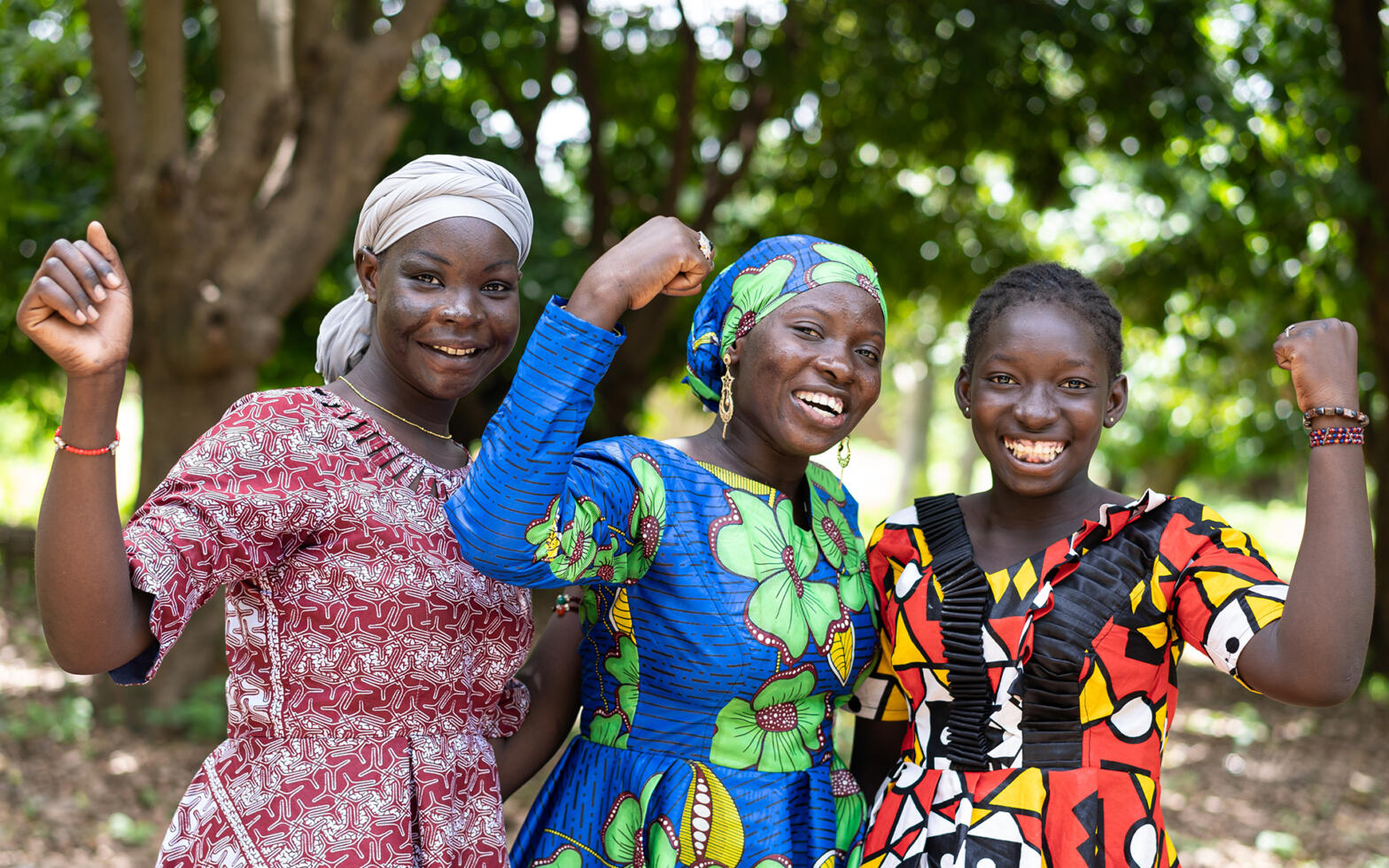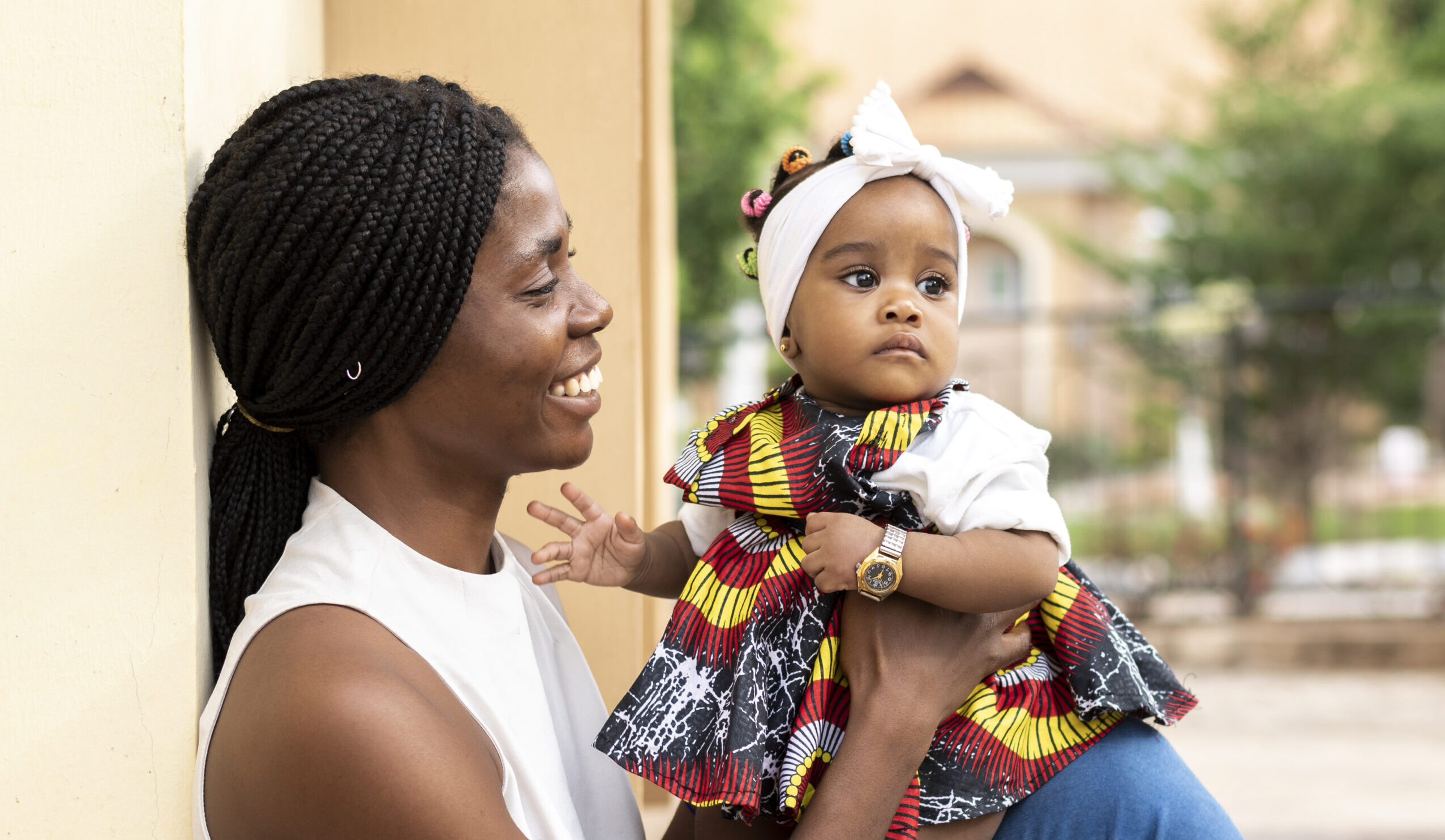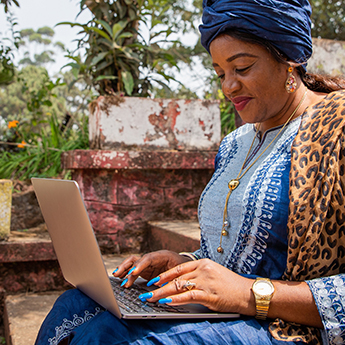Focus Areas
Working towards global reproductive choice; autonomy and empowerment; and gender equality

Gender is at the root of every person’s ability to make and carry out informed decisions about sex, contraception, and sexual and reproductive health.
Gender-related barriers to reproductive autonomy severely undermine the success of sexual and reproductive health programs. These barriers include reproductive coercion by partners or family members, child marriage, patriarchal gender norms, and the underrepresentation of women in national, regional, and local decision-making roles.
Family planning products and interventions are essential to help move countries toward gender equality, giving women, girls, and others who want to control their fertility the essential tools to protect their physical, mental, and economic well-being. But gaps and disparities related to gender norms and power dynamics must be addressed intentionally to enable sexual and reproductive health programs to succeed. Understanding and addressing structural and social barriers — and doing so safely — are precisely what gender integration is meant to accomplish.

How FP2030 Supports
Gender-Integrated Family Planning
1
Collaboration
FP2030 brokers increased collaboration among family planning and gender equality movements to maximize outcomes. Leveraging our ability to work globally, regionally, and nationally, FP2030 brings together organizations with common interests in advancing gender equality and reproductive autonomy. We also convene experts to hone measurement of reproductive agency and empowerment to improve the field’s attention to gender.
2
Commitments
FP2030 reviews commitments and reports with a gender lens to support commitment makers in their efforts to address gender-related barriers to reproductive autonomy. We connect commitment makers with resources to help them hone their strategies, apply best practices, and develop gender-transformative interventions.
3
Analysis and Mapping
FP2030 conducts regional analyses and mapping to help generate and disseminate knowledge about how gender affects family planning programs and the achievement of commitment makers’ objectives. We also pinpoint and leverage solutions, mapping gender-transformative approaches and local, women-led sexual and reproductive health and rights (SRHR) organizations.
4
Technical Assistance
FP2030’s hubs facilitate connections between commitment makers seeking best practices and practitioners of gender-transformative approaches to family planning and SRHR. Hubs are well positioned to match stakeholders seeking to surmount gender barriers with implementers of innovative and proven approaches to reduce child marriage, engage men and boys, shift gender norms, and address gender biases.
5
Advocacy
FP2030 advocates for gender-transformative policies that ensure that women and girls have the tools and investment they need for empowerment and that engage men and boys as allies, supportive partners, and users of contraception. We work with feminist and other human rights groups to ensure that governments are accountable to rights-based programming.








